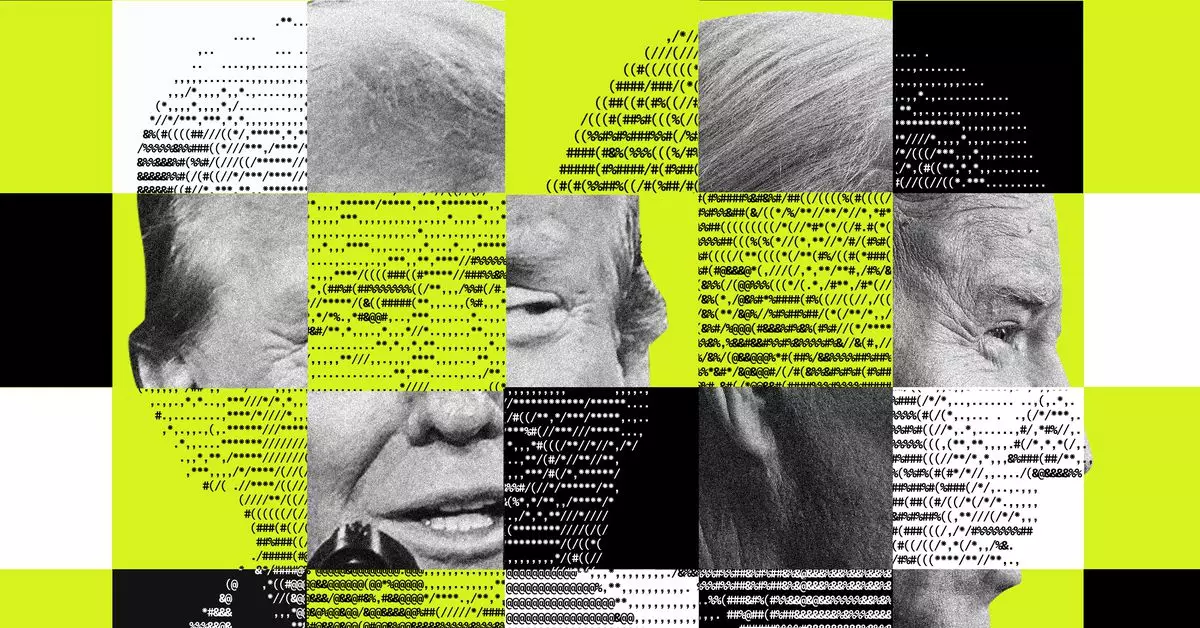The rise of generative AI technology presents a significant challenge when it comes to combating misinformation, especially in the context of elections. With the ability to create convincing fake images, audio, and potentially video, AI systems have the potential to supercharge the spread of lies and disinformation. This has serious implications for the integrity of democratic processes and public discourse.
The 2016 election was marred by Russian disinformation campaigns on social media platforms like Facebook, highlighting the vulnerability of these platforms to manipulation. The 2020 campaign saw controversies over stories like the Hunter Biden laptop incident, as well as the subsequent banning of then-President Donald Trump from major platforms. However, these episodes of attention often fade without concrete solutions or lasting changes.
Generative AI technology has made it easier than ever to create fake audio and images that are almost indistinguishable from reality. The ease and scalability of using AI to generate false content pose a serious threat to the integrity of information in the public sphere. As witnessed in the case of a fake Joe Biden robocall in New Hampshire, these malicious tactics can be deployed quickly and inexpensively.
Addressing misinformation in the age of generative AI is not a straightforward task. Balancing concerns around freedom of speech, platform moderation, and the spread of nonconsensual content complicates the landscape. Policymakers, social media platforms, and AI companies are grappling with how to effectively combat misinformation while respecting fundamental rights.
Looking ahead to future elections, it is clear that the issue of misinformation will only become more complex. Nuanced approaches will be needed to address the ever-evolving tactics of those seeking to manipulate public opinion. As individuals, it is crucial to remain vigilant and informed about the role of AI in spreading misinformation and to hold tech companies and policymakers accountable for their responses to this pressing issue.
The intersection of generative AI and misinformation poses a significant challenge to the integrity of elections and public discourse. As technology continues to advance, it is imperative that robust measures are put in place to combat the spread of false information. Only through collective action and a commitment to transparency can we safeguard the democratic process from the influence of malicious actors leveraging AI for nefarious purposes.


Leave a Reply